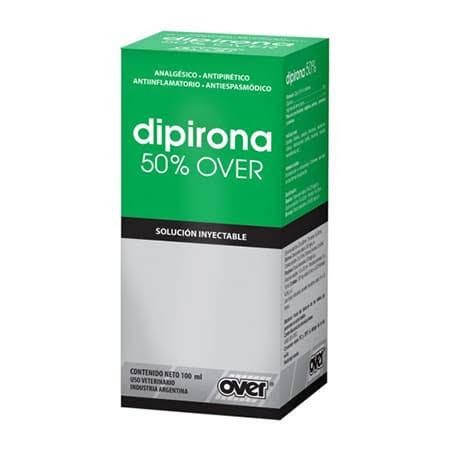Dipirona: Uses, Dosage, Side Effects, Warnings

Dipirona is a brand of metamizole, a medication with analgesic, antipyretic, and spasmolytic properties combined with its mostly favorable gastrointestinal tolerability, the drug was extensively applied worldwide during the first decades after its market introduction.
Dipirona is a popular medicine for pain relief in some countries and is used to treat postoperative pain, colic pain (sharp pain in the tummy), cancer pain, and migraine (severe headache). Other countries (Japan, UK, USA) have banned its use because of an association with potentially life‐threatening blood disorders such as agranulocytosis (deficiency of certain blood cells).
Despite its ban, metamizole is still a frequently used drug worldwide either legally (by prescription in some countries, over the counter in other countries) or without official approval (especially by immigrants knowing the drug from their home countries) or even illegally (due to its growing application as an adulterant in illicit drugs).

How Dipirona is used
The recommended adult dose of Dipirona is 500mg taken 3 times daily but limited to a maximum of 4000mg per day for safety reasons. The injection is administered at a dose of 250mg to 500mg 3 times daily but also limited to a maximum of 2g per day for safety reasons.
What are the side effects of Dipirona?
Dipirona can cause serious side effects which include:
- Blood-related toxicity (blood dyscrasias)
- Bronchospasm
- Anaphylaxis
- Agranulocytosis
- Aplastic anaemia
- Toxic epidermal necrolysis
- Nausea
- Vomiting
- Dyspepsia
- Abdominal pain
- Porphyria
- Dizziness
- Vertigo
- Acute kidney failure
- Interstitial nephritis
- Erythema
- Burning sensation
- Local edema
- Urticarial
- Stevens-Johnson syndrome
- Lyell’s syndrome
What drugs can interact with Dipirona?
While taking Dipirona, there is a risk of thrombocytopenia with anticoagulants. There is also the risk of severe hypothermia with other phenothiazines, chlorpromazine. Increased effect/toxicity with TCA(s), oral contraceptives, MAOI(s), and allopurinol.
Dipirona also has decreased effect with barbiturates, glutethimide, phenylbutazone but increases haematotoxicity effects of methotrexate, increases effects of oral antidiabetic agents, sulfonamides, phenytoin, and decreases levels of bupropion, ciclosporin.





